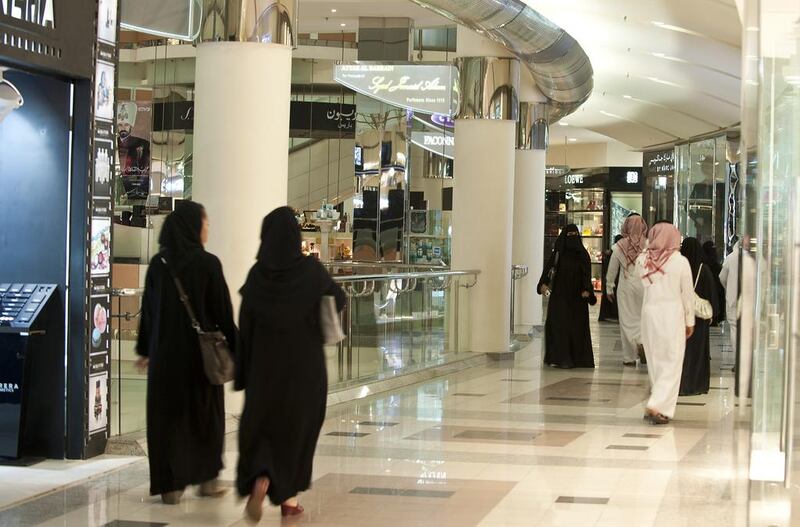Saudi Arabia's Shura Council will vote on a proposal for the religious police to be absorbed into the ministry of Islamic affairs, local media reported, further curbing the force's authority.
The religious police, officially known as the Commission for the Promotion of Virtue and Prevention of Vice, patrols public spaces to enforce bans on alcohol, music, prayer time, store closures and the mixing of unrelated men and women. It also imposes strict modesty requirements on women’s dress.
Last year, amid a reform drive to diversify the Saudi economy and open up its society, the government increased curbs on the religious police, barring it from pursuing suspects or making arrests.
The English-language Saudi Gazette newspaper reported late on Sunday that the Shura Council is expected to vote on the proposal to end the commission's autonomous status, put forward by Atta Al Thibaiti and two other members, next week. King Salman's approval would be needed to implement such a measure.
_______________
Read more:
[ Saudi police arrest son of murdered religious police official ]
[ Saudi religious police chief wants female recruits ]
_______________
"The promotion of virtue and prevention of vice is an Islamic duty for every Muslim, and the Sharia tenets had never considered practicing to be under an independent organ or an autonomous entity," the report said, citing the proposal's supporters within the Council.
The Council members were quoted as saying the merger would also help ease the state's budget deficit by "avoiding duplication of efforts and cutting expenditure".
Hardline conservatives say the religious police are central to imposing the kingdom's austere form of Islam, while aggressive enforcement of strict morality rules has drawn criticism from more liberal Saudis.
The vice squad has come under fire online and in local media over several high-profile cases of car chases resulting in fatal accidents, prompting the commission’s president to ban such pursuits in 2012.
The commission stirred controversy again last year after video posted on social media showed members beating a young woman outside a Riyadh mall. The patrol had tried to force the woman to cover her face, local media reported.
The Saudi Gazette quoted Mr Al Thibaiti as saying the proposal to merge the two bodies had overcome initial opposition by the Council's committee on Islamic and judicial affairs. Members could not immediately be reached for comment.





